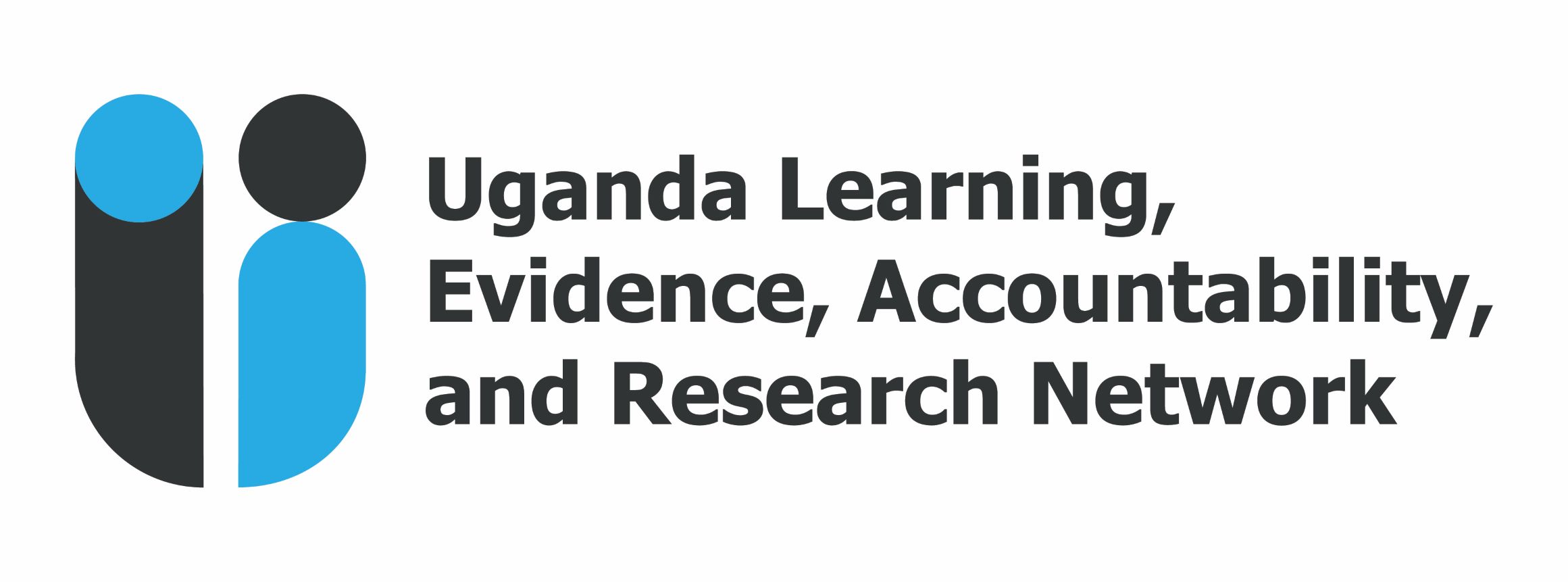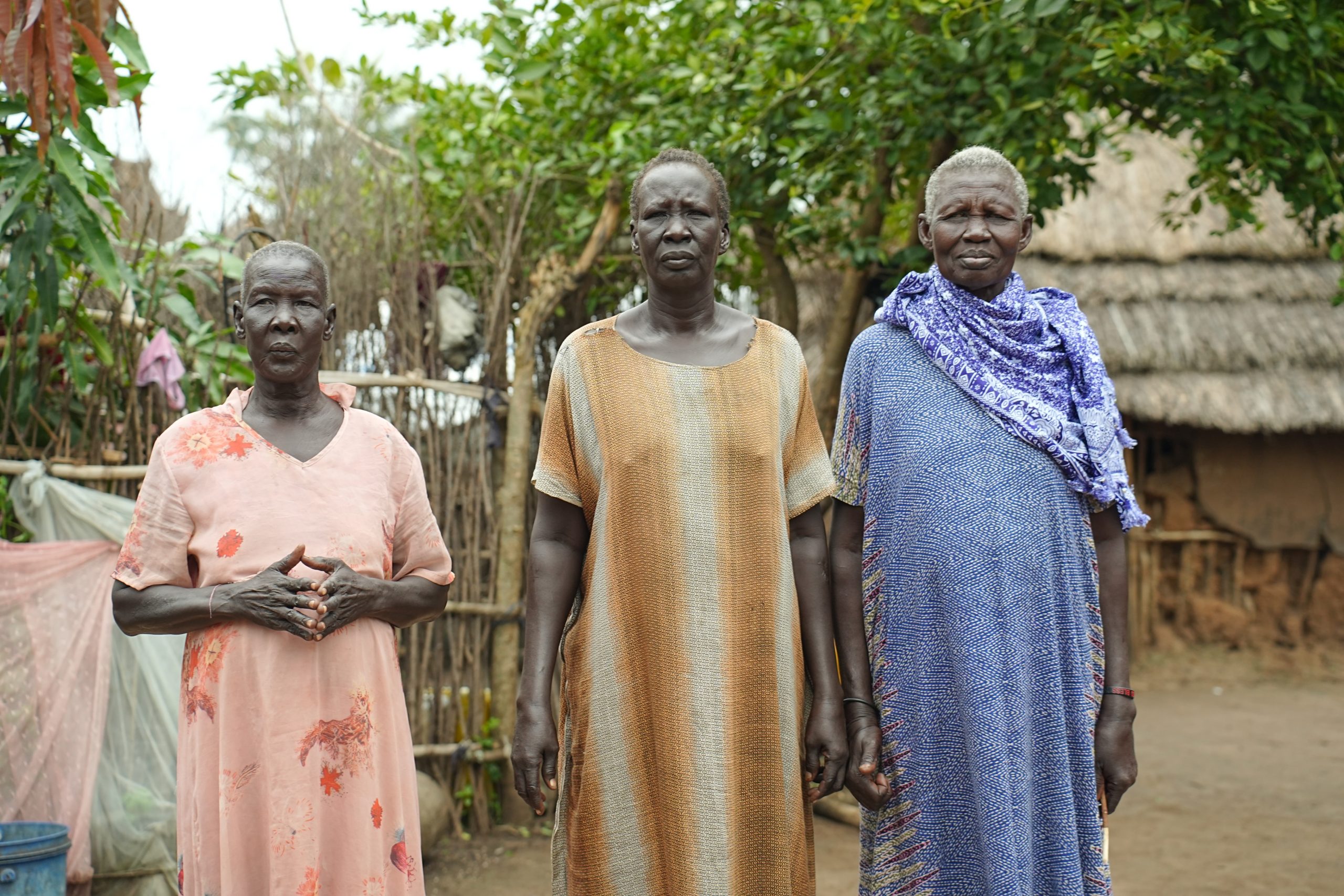
06 Jan Does equipping humanitarian actors with applied Accountability to Affected Populations (AAP) skills yield distinct outcomes? - Results from 20 organisations enrolled in U-Learn’s AAP in Action (AAPA) program in Uganda’s refugee response
Why does AAP matter?
For decades, organisations in the humanitarian ecosystem have emphasised the importance of being accountable to people affected by crises. In response to this need, the Inter-Agency Standing Committee (IASC)—a global forum for humanitarian coordination and decision-making—introduced the Accountability to Affected Populations (AAP) framework in 2012. This initiative aims to centre the voices and needs of affected communities within humanitarian actions, ensuring that aid truly serves its intended purpose.
At its core, AAP is “an active commitment by humanitarian actors to use power responsibly by taking account of, giving account to, and being held to account by the people they seek to assist.” -International Organisation for Migration [1]. While AAP offers a promising pathway for meaningful humanitarian aid, global reviews reveal persistent gaps in translating its principles into concrete actions.
Uganda provides a striking example of the challenges in operationalising AAP. According to the 2022 Participatory Assessment Final Reportby UNHCR [2], 54% of respondents felt their needs were unmet, and only 33.2% were consulted on their preferences for assistance. Even among those consulted, 74% did not receive what they requested. These figures underscore a harsh reality: refugees often feel unheard and invisible within the very systems meant to support them. As home to over 1.74 million refugees and asylum seekers—80% of whom face prolonged displacement—the need for accountability is urgent.
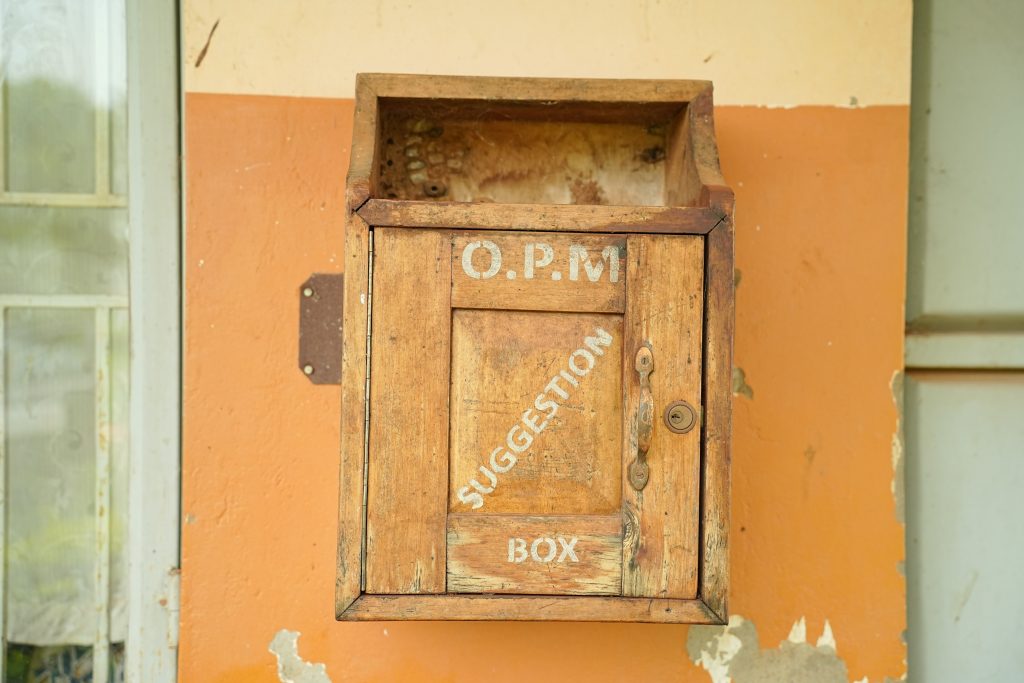
The Accountability to Affected Populations in Action (AAPA) programme
Since 2021, U-Learn and its Consortium partner the International Rescue Committee (IRC), have been working to make AAP principles more practical through the Accountability to Affected Populations in Action (AAPA) programme. AAPA equips organisations with practical skills to meaningfully engage communities, adapt programming to their priorities, and build accountability into the fabric of their operations.
To date, 21 organizations—including community-based organizations (CBOs), refugee-led organisations (RLOs), NGOs, INGOs and UN agencies—have participated in the programme. Eleven (11) more are on track to graduate by March 2025.
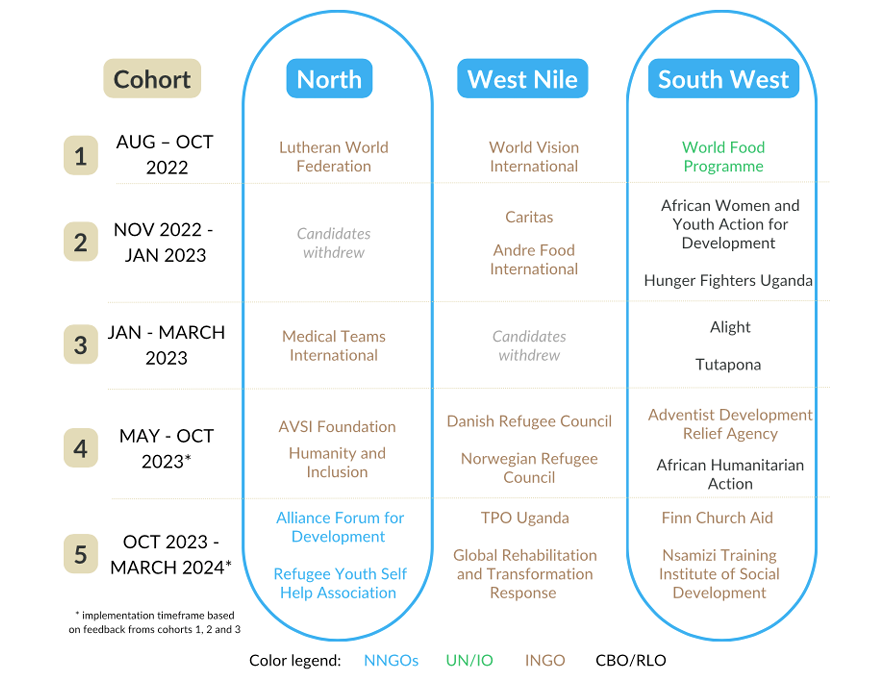
Early wins: How the AAPA programme is facilitating the accountability culture in Uganda’s refugee response
Various participants have confirmed that the AAPA programme is driving substantial shifts within their organisations:
– Humanity and Inclusion, an international NGO, developed complaint and feedback mechanism (CFM) tools such as a CFM registry and a database, which are now being digitalised for easier tracking and analysis.
– AVSI Foundation aligned its Standard Operating Procedures (SOPs) with an organisational accountability framework. Over 40 staff members have been trained to fully integrate AAP into their project activities.
– The Lutheran World Federation (LWF) created a “complaints and safeguarding officer” position at the country level and hired AAPA focal persons at the sub-program level.
– World Food Programme conducted community consultation meetings in three refugee settlements to gather feedback on energy-saving stoves, ensuring programming aligned with community preferences.
Across all organisations, the AAPA programme has driven critical changes, including embedding AAP into frameworks and SOPs, allocating dedicated budgets, appointing accountability-specific roles, and integrating AAP into funding proposals. These shifts have set the stage for more responsive and community-centered humanitarian practices.
As Aloysius Weduku, Monitoring and Evaluation Officer for LWF Adjumani, Uganda sub-programme, explains: “The U-Learn [AAPA programme] helped us to shift from having AAP for the sake of AAP to doing something with the information generated, being able to respond to the POCs (Persons of Concern)…the AAPA training helped us to ensure that we are always able to close the feedback loop every single time, not just receiving feedback and keeping it or putting it in a report.”
By prioritising community feedback and designing user-friendly complaint response systems, participating organisations are fostering trust, improving service delivery, and ensuring aid meets the needs of the people they serve.
How the AAPA programme works
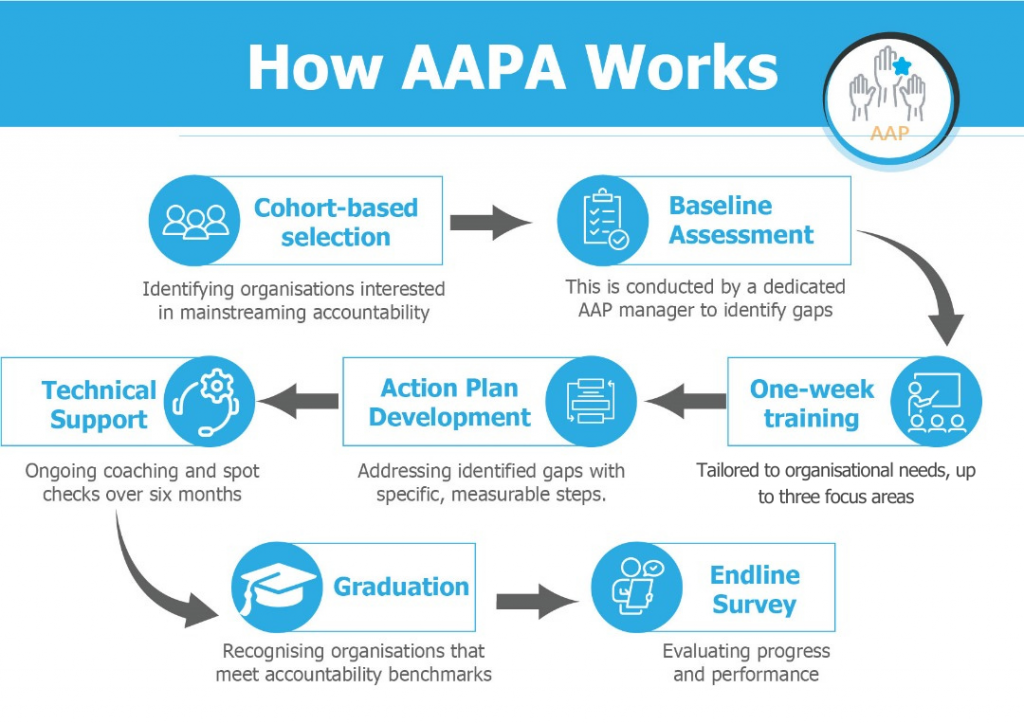
To ensure long-term impact, even after the graduation of organisations, sustainability is built into the AAPA process through:
– Leadership engagement and buy-in: As a pre-requisite, participating organisations get active support and commitment from senior management. Endorsement from the management team sets a clear tone for prioritising accountability to refugee communities and is critical to allocating necessary resources.
– Peer-to-peer learning: AAPA’s cohort-based system cultivates a sense of shared purpose and mutual support among organisations. This collaborative approach allows for the exchange of best practices and problem-solving insights, enhancing each participant’s understanding of AAP.
– Tailored coaching: Dedicated regional AAP managers (North, West Nile and South West) provide comprehensive, context-specific in-person guidance, ensuring each organisation can navigate its unique challenges and make meaningful progress.
– Customised work plans: AAPA action plans are specific to each organisation—they address particular accountability gaps and outline measurable, practical steps so organisations can remain focused on implementing changes that align with their specific needs.
The AAPA programme is designed on the basis that accountability is a foundation for meaningful, effective humanitarian aid. When humanitarian organisations engage affected populations in decision-making and adapt programming to their priorities, they serve them meaningfully and pave the way for resilience and self-sufficiency, especially in protracted situations.
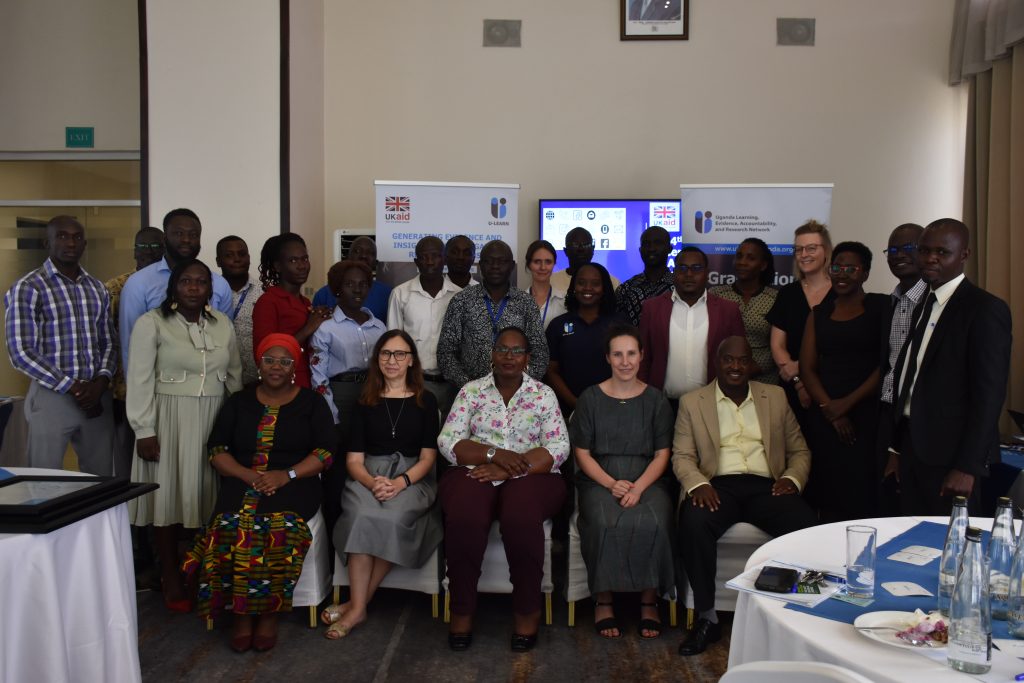
To learn more about AAPA, read the in-depth AAPA Spotlight: Mainstreaming Accountability Culture in a Refugee Response Context [3].
For information about future calls, please contact us at aap@ulearn-uganda.org.
References
[1] International Organisation for Migration, AAP brief, 2019. https://www.iom.int/sites/g/files/tmzbdl486/files/our_work/DOE/humanitarian_emergencies/AAP/two-pagebriefonaap.pdf
[2] UNHCR, Uganda: Participatory assessment final report, 2022. https://data.unhcr.org/en/documents/details/99977
[3] U-Learn, Mainstreaming accountability culture in a refugee response context, 2024. https://ulearn-uganda.org/mainstreaming-accountability-culture-in-a-refugee-response-context/
